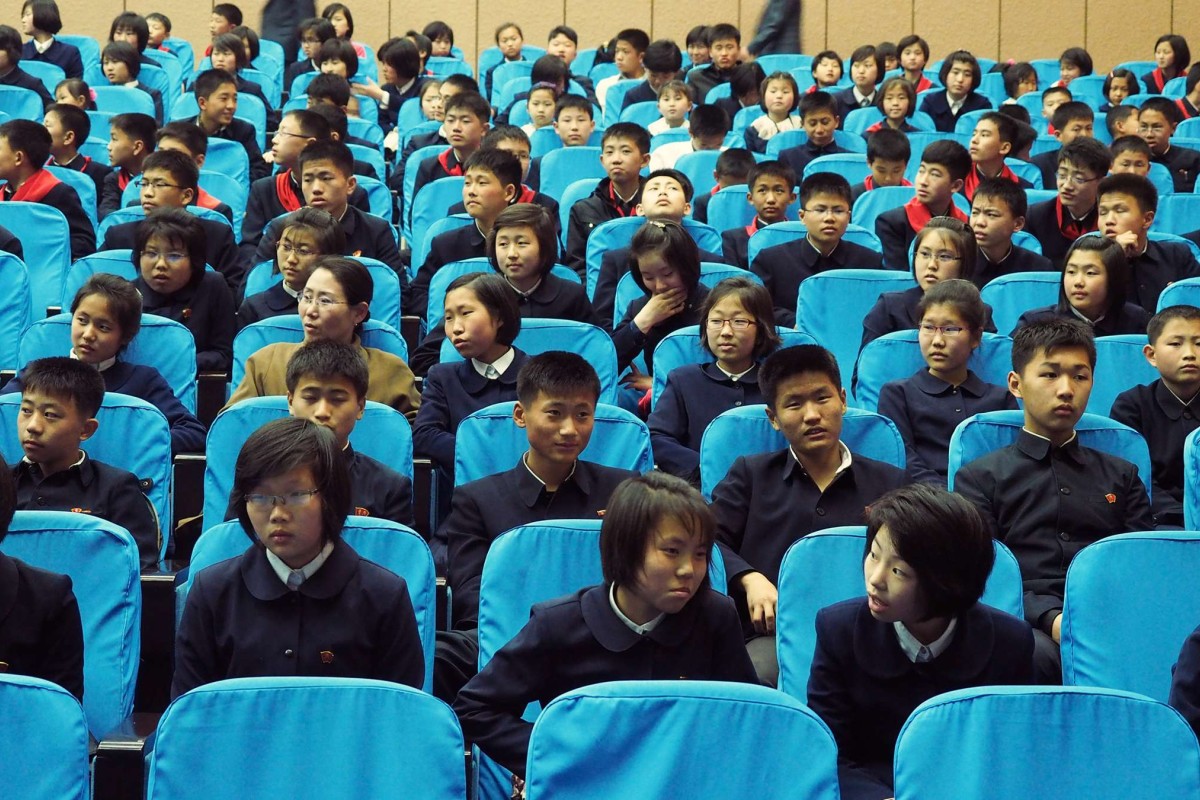
The Propaganda Game helps in the understanding of a difficult country [Review]

In the intriguing documentary The Propaganda Game, Spanish director Alvaro Longoria gains unprecedented access to film and interview anyone he meets, or perhaps is arranged to meet, in the North Korean capital of Pyongyang.
The city is gracefully portrayed: Huge monuments of the rulers tower over colourfully dressed citizens as they come to pay their respects. The streets are bustling with happy people, and children and elderly alike tell Longoria they feel very proud of their country. All the hardship they face is because of the United States, they believe.
One of Longoria’s guides is Alejandro Cao de Benos, the only foreigner who works for the North Korean government. Cao de Benos adds an interesting dynamic to the film: he’s charming and eloquent, and has a ready explanation for all sensitive topics regarding North Korea, from its nuclear weapons to its handling of the film The Interview.
In the documentary, Longoria includes interviews from a wide array of people, including Cao de Benos’ parents, defectors, scholars, journalists and human rights activists. It soon becomes obvious that all are either victims or players in the propaganda game, but he doesn’t go deep enough for it to have an emotional impact or sense of urgency.
The documentary closes with a lengthy shot out of Longoria’s car as it leaves the country, and the road to understanding this country seems as arduous as ever.